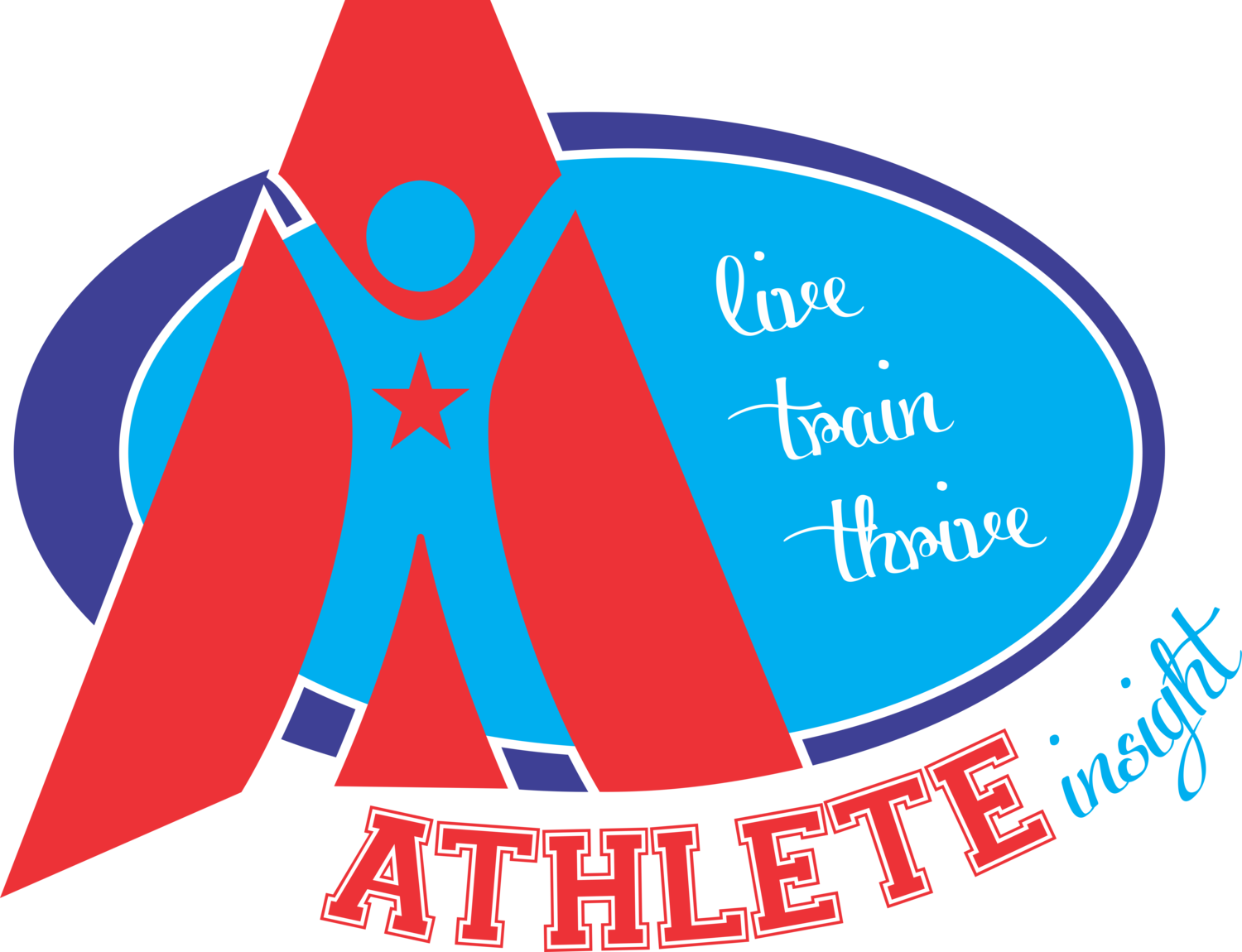By Kate Bennett, PsyD
Earlier today, I came across the article “Taking Notice of the Hidden Injury.” It speaks to the stigma of mental health in athletics as well as the shortage of mental health professionals who understand sport culture. Essentially, the article speaks directly to the mission and vision of Athlete Insight: Supporting the clinical and performance needs of athletes.
When people think of the term “athlete,” their minds quickly identify adjectives like strong, healthy, fit, determined, successful, etc. Mental health concerns do not fit the stereotypical images of athletes. Over time, seeking support for performance-related issues has become accepted and even sought after. However, clinical illnesses such as mood, anxiety, and eating disorders are stigmatized and often lead to shame. After all, athletes are strong and healthy which means they should have absolute control of their minds, right?
Wrong. Let’s de-stigmatize mental illness by focusing one important fact:
Mental illness is not a choice but rather the result of hereditary, personality, relational, and environmental factors coming together as a perfect storm. Nobody chooses to feel depressed or to develop an eating disorder. Just like you do not have a choice in catching a cold, athletes cannot choose whether or not they have mental illness. If it was as simple as choosing to not struggle with mental illness, I guarantee that I would be out of a job (and gladly so for the benefit of my past, current, and future clients).
The good news is, that just like physical illnesses, mental illnesses are manageable and treatable. Some mental illnesses will go into full remission (where symptoms are no longer present) while others may need continuous attention to manage symptoms but are tolerable when consciously attended to. The important ingredient is that athletes feel safe enough to confide in others about their struggles without worrying about judgment.
Ultimately, it is important to accept mental illness for what it is-a psychological condition that negatively impacts functioning and quality of life. It is not good or bad, right or wrong. Nor is it a choice. If it is no longer viewed as a choice and, instead, accepted as a part of the human condition just like physical illness, athletes experiencing mental illness will be able to let go of shame (“I, as a person, am bad”) and reach out for support rather than suffer in secrecy.

